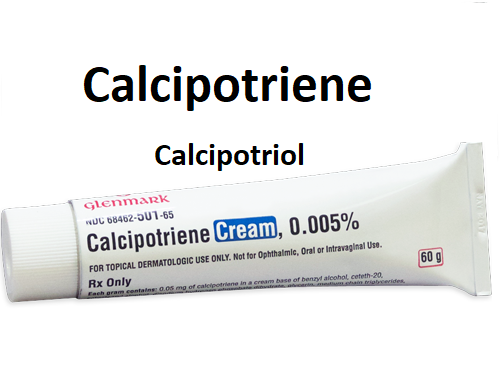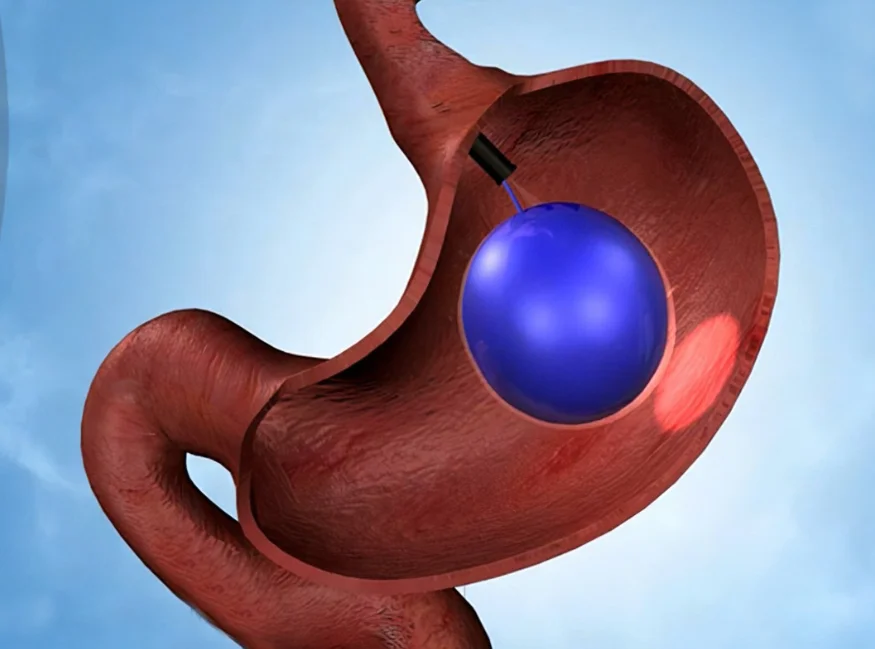Calcipotriene is a synthetic vitamin D analogue that prevents the proliferation and keratinization of skin cells. It is applied topically to treat plaque psoriasis of the scalp or body (by using a cream, foam, or ointment) (applying the solution or foam)
Calcipotriene Dose in Adults
For Topical Use in the treatment of Plaque psoriasis:
- Cream:
- Twice daily, apply a thin layer to the afflicted area of the skin.
- Foam:
- Twice daily, apply a thin coating to the skin or scalp that is troubled.
- Ointment:
- Once or twice each day, apply a thin coating to the afflicted area of the skin.
- Solution:
- Apply to the affected scalp twice a day.
Calcipotriene Dose in Children
Calcipotriene is effective and safe for use in children with psoriasis. It is second only to corticosteroids as a topical medicine to treat psoriasis in children. Doses in children and adults are almost the same.
Pregnancy Risk Factor C
- Animal studies have shown adverse effects on the foetus.
- Pregnancy should not be limited to calcipotriene.
Calcipotriene use during breastfeeding:
- The effects of the drug on nursing children are unknown.
- However, it is recommended to avoid using the nipple for topical purposes.
Calcipotriene Dose in Renal Disease:
The manufacturer has not recommended any adjustment in the dose in patients with Renal disease.
Calcipotriene Dose in Liver Disease:
The manufacturer has not recommended any adjustment in the dose in patients with liver disease.
The frequency may vary with the site of application.
Common Side Effects of Calcipotriene Include:
- Dermatologic:
- Skin rash
- Dermatitis
- Burning sensation of the skin
- Stinging of the skin
- Desquamation
- Pruritus
- Skin irritation
- Erythema
- Exacerbation of psoriasis
- Xeroderma
- Central nervous system:
- Tingling of skin
- Local:
- Application site pain
- Application site erythema
Contraindication to calcipotriene include:
- Animal studies have shown adverse effects on the foetus.
- Pregnancy should not be limited to calcipotriene.
Calcipotriene use during breastfeeding:
- The effects of the drug on nursing children are unknown.
- However, it is recommended to avoid using the nipple for topical purposes.
- Allergy reactions to calcipotriene and any component of the formulation
- Patients suffering from vitamin D toxicity or hypercalcemia
- Apply to the skin as a cream or ointment.
- Patients suffering from acute psoriatic eruptions
Warnings and Precautions
- Contact dermatitis:
- It is possible to get allergic contact dermatitis.
- Hypercalcemia:
- It is possible for serum calcium to rise in a transient, but reversible manner.
- If hypercalcemia is detected, treatment must be stopped until serum levels return to normal.
- Irritation
- Patients may experience temporary irritation due to the lesions or the normal skin around them. This may cause therapy to be stopped.
Calcipotriol (calcipotriene): Drug Interaction
|
Calcium Salts |
Enhances the hazardous or harmful effects of vitamin D analogues. |
|
Cardiac Glycosides |
Cardiac Glycosides' arrhythmogenic impact may be increased by vitamin D analogues. |
|
Thiazide and Thiazide-Like Diuretics |
Could make vitamin D analogues' hypercalcemic impact stronger. |
|
Aluminum Hydroxide |
Aluminum Hydroxide levels in the blood may rise while using vitamin D analogues. In particular, there may be an increase in aluminium absorption, which would raise serum aluminium contents. |
|
Multivitamins/Fluoride (with ADE) |
Enhances the hazardous or harmful effects of vitamin D analogues. |
|
Multivitamins/Minerals (with ADEK, Folate, Iron) |
Enhances the hazardous or harmful effects of vitamin D analogues. |
|
Sucralfate |
The serum concentration of sucralfate may rise in response to vitamin D analogues. In particular, there may be an increase in serum aluminium content as a result of enhanced aluminium absorption from sucralfate. |
|
Vitamin D Analogs |
Possibly intensifying the hazardous or harmful effects of other vitamin D analogues. |
Monitoring Parameters:
Serum calcium levels and response to therapy.
How to administer calcipotriene?
- It must only be used topically, and contact with the face and eyes must be avoided.
- If contact occurs with the eyes, give them a vigorous water rinse.
Calcipotriene Cream, foam, and ointment:
- Apply the solution and thoroughly and gently massage the afflicted region.
- After usage, wash your hands in warm, soapy water.
Calcipotriene Foam and solution:
- Before using, comb the hair to eliminate any debris.
- To the sores on the scalp, apply the solution.
- Completely and gently rub.
- After using, wash your hands with soap and water.
- Apply the foam after drying your hair.
Mechanism of action of Calcipotriene:
- It is a synthetic counterpart of vitamin D. It binds to receptors for vitamin D.
- It inhibits the proliferation and differentiation of keratinocytes. This regulates skin cell proliferation.
- The symptoms will improve within two weeks.
- A marked improvement can take up to eight weeks.
AbsorptionAfter topical application of Cream or foam, the percentage is approximately 6% to 1% respectively after ointment use and solution use. Calcipotriene after absorption is metabolized to inactive metabolites.
Calcipotriene International Brands:
- Aofuqing
- Calciprol
- Calskin
- Cipocal
- Cipostril
- Daivonex
- Dovonex
- Dyvon
- Dyvon Cream
- Kolkatriol
- Psorcutan
- Psoritop
- Scepos
- Xamiol
Calcipotriene Brands in Pakistan:
|
Calcipotriol [Oint 0.005 %W/W] |
|
| Daivonex | Zam Zam Corporation |
| Dervit | Nabiqasim Industries (Pvt) Ltd. |
|
Calcipotriol [Cream 0.005 %W/W] |
|
| Calcipot | Valor Pharmaceuticals |




